
![Sound design courses and Certification: Scope, Career, Eligibility [Updated]](img/sound-design-course-and-certificates.webp)
20, April 2023
Sound design is an essential aspect of modern media, from films and television shows to video games and live events. Aspiring sound designers need the right education to hone their skills and build a successful career in the industry. With numerous diploma and certification programs available, it can be challenging to determine which one best suits your needs. In this article, we will explore the top sound design diploma and certification programs, along with their unique features and benefits.
Here are some popular sound designing courses available in India:
The world of sound design offers diverse opportunities, ranging from traditional roles in film and television to cutting-edge positions in gaming and interactive media. Sound design Certifications and Courses provide the necessary skills and knowledge to excel in various industry roles, including:
Sound Designer: Create soundscapes and effects that enhance storytelling and create immersive experiences across various media platforms.
Audio Engineer: Record, mix, and master audio for film, television, music, and live events.
Foley Artist: Produce sound effects in real-time to enhance the visual content of films, television shows, and video games.
Game Audio Designer: Develop unique and engaging audio for video games, from character voices to environmental sounds.
ADR (Automated Dialogue Replacement) Engineer: Record and synchronize dialogue in post-production, replacing original on-set recordings with improved audio quality.
With the rapid growth of digital media and entertainment, the demand for skilled sound designers continues to rise. Graduates of sound design courses and certifications can pursue careers in various sectors, such as:
Film and Television: Sound designers play a crucial role in creating immersive audio experiences for movies, television series, documentaries, and commercials.
Video Games: The gaming industry is constantly evolving, and skilled sound designers are in high demand to create unique and engaging audio experiences.
Live Events: Concerts, theater productions, and other live events rely on sound designers to create the perfect auditory environment.
Advertising and Marketing: Sound designers contribute to the success of marketing campaigns by crafting memorable audio content for commercials, jingles, and online promotions.
Education and Training: Experienced sound designers can share their knowledge by teaching courses, workshops, and seminars at colleges, universities, and private institutions.
The eligibility criteria for sound design courses and certifications vary depending on the specific program and institution. In general, applicants should meet the following requirements:
Educational Background: Most diploma and degree programs require a high school diploma or equivalent qualification for admission. Some certification courses may have more flexible prerequisites, allowing students to enroll without prior formal education in the field.
Technical Skills: Familiarity with audio software and hardware is an advantage when enrolling in sound design courses, though many programs cater to beginners and provide foundational training.
Creative Aptitude: A strong interest in audio production and a keen ear for sound are essential qualities for aspiring sound designers. Demonstrating creativity and passion for the field can help increase your chances of acceptance into competitive programs.
Sound design courses and certifications offer aspiring professionals the skills and knowledge needed to excel in the audio industry. With diverse career paths and opportunities available in various sectors, sound design is an exciting field for those with a passion for audio and storytelling. By understanding the scope, career prospects, and eligibility criteria for sound design courses and certifications, you can make informed decisions about your education and future in this dynamic industry.
What is sound design, and what does a sound designer do?
Sound design is the process of creating and manipulating sound elements to enhance the overall audio experience of the audience in audiovisual productions like films, television, music, or gaming. A sound designer is responsible for selecting and creating sound effects, recording dialogue and soundscapes, mixing and mastering audio, and integrating sound with visuals to create a cohesive audiovisual experience.
What are the prerequisites for enrolling in a sound design course?
The prerequisites may vary depending on the institution and the course. However, most courses require a minimum educational qualification of 10+2 or graduation in any field. Some courses may also require basic knowledge of audio production software or digital audio workstations.
What skills will I learn in a sound design course?
A sound design course will teach you a wide range of skills, including recording techniques, sound editing, mixing and mastering, sound effects creation, sound synthesis, and surround sound mixing. You will also learn how to use digital audio workstations and other audio production software.
How long does a sound design course take to complete?
The duration of a sound design course may vary depending on the institution and the course. Diploma courses typically take 6-12 months to complete, while certification courses may range from a few weeks to several months.
What are the job prospects after completing a sound design course?
After completing a sound design course, you can pursue a career as a sound designer, audio engineer, music producer, Foley artist, sound effects editor, or a mixing and mastering engineer in the audiovisual industry. You can work in various industries like films, television, music, gaming, and advertising.
Are sound design courses expensive?
The cost of a sound design course may vary depending on the institution, course duration, and course content. However, diploma courses are generally more expensive than certification courses. Some institutions may also offer financial aid or scholarships to deserving candidates.